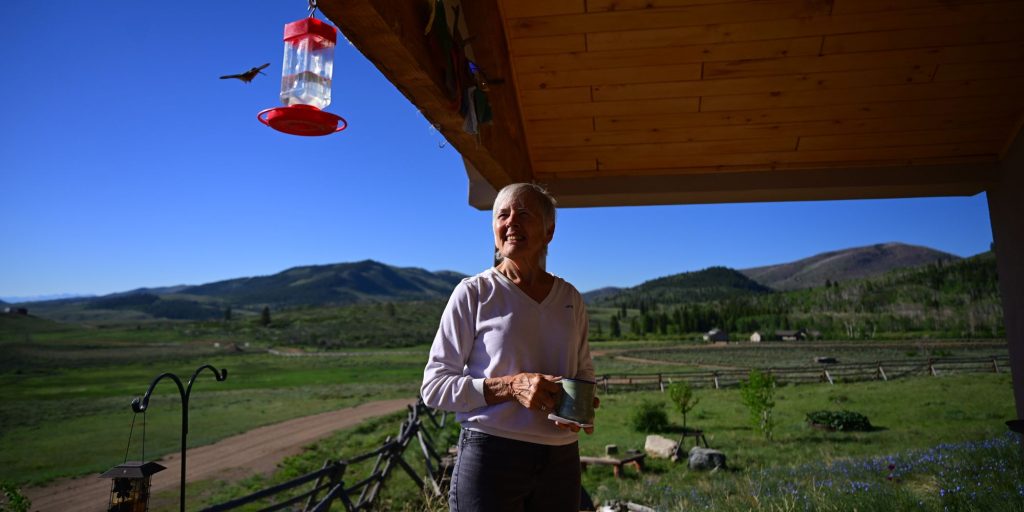Dr. Barbara Vasquez works to protect wildlife in her own backyard.
Barbara Vasquez’ Decades-Long Effort alongside WCA and WORC to Strengthen Protections for Communities and Wildlife
By Jessica Plance
In the remote, wildlife-rich expanse of Jackson County, Colorado, Dr. Barbara Vasquez has emerged as a dedicated advocate for stricter oil and gas regulations. Since retiring to this picturesque region in 2005, Barbara has devoted herself to environmental issues, particularly those related to the impacts of oil and gas development on public lands. “I chose to make Jackson County, Colorado my forever home, a rural county covering appox. 1600 sq miles, approx 65% of which is public, and with fewer than 1 person per square mile. The county is bounded by a ring of mountains and wilderness areas and forms the headwaters of the North Platte River,” said Barbara. Her devotion to the land has fueled her efforts that have been instrumental in the ongoing reform of oil and gas regulations at both the state and federal levels.
Barbara’s journey into environmental advocacy began with her service on the Bureau of Land Management (BLM) Resource Advisory Council for Northwest Colorado. Disillusioned with the lack of meaningful progress, however, she sought out more effective avenues for change, leading her to the Western Colorado Alliance (WCA) and the Western Organization of Resource Councils (WORC). Through these organizations, Barbara has been at the forefront of efforts to strengthen regulations governing oil and gas operations.
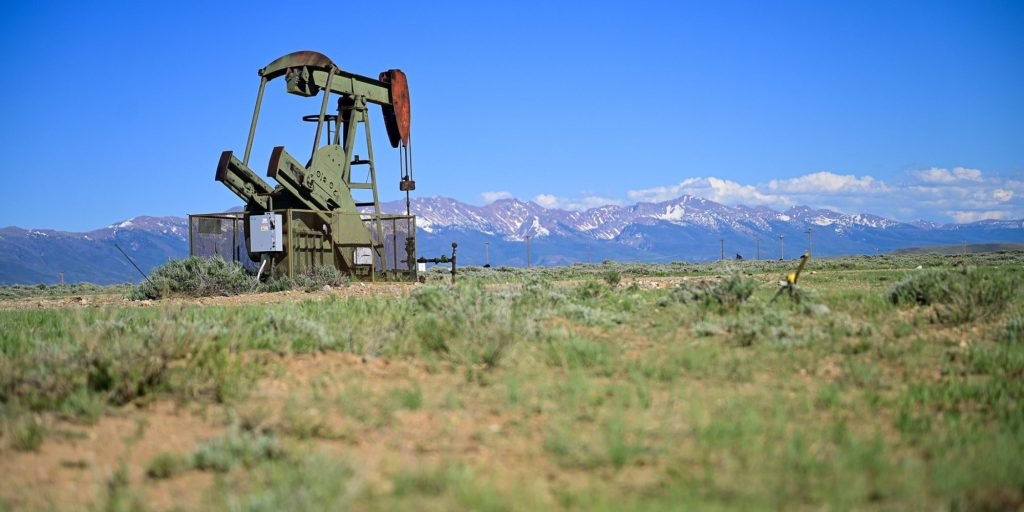
One of the most significant victories in Barbara’s advocacy career came in 2019, with the reformation of Colorado’s oil and gas regulatory authority. “The legislation that passed in 2019 required a professional five-person commission as well as a change in rules to move from fostering oil and gas development to managing oil and gas development,” Barbara explains. This shift allowed for the creation of rules that are more protective of human health, wildlife, and the environment.
Despite these advancements, challenges remain. Barbara highlights the issue of methane venting and flaring from shale oil operations, which had been a significant source of pollution in Jackson County. “Every single molecule of that methane was vented or flared since the beginning of the field until we were successful, with a lot of work from WCA and other organizations, here in the rulemaking in Colorado in 2019, that eliminated routine venting and flaring,” she recounts. However, the absence of pipelines to transport the gas has led operators to resort to using field gas generators for Bitcoin mining, causing unintended environmental consequences.
Keep up to date with grassroots organizing in the West with WORC’s newsletter.
Barbara’s advocacy extends to the federal level, where she has been involved in supporting the reform of onshore oil and gas rules. She urged both the Environmental Protection Agency (EPA) and BLM to strengthen protections against the leaking, venting, and flaring of methane, a greenhouse gas significantly more potent than carbon dioxide. She’s also been a leader on leasing reform at the federal level, specifically around bonding. “The bonding rules for oil and gas wells on public land have not been increased in 60 years,” Barbara notes.
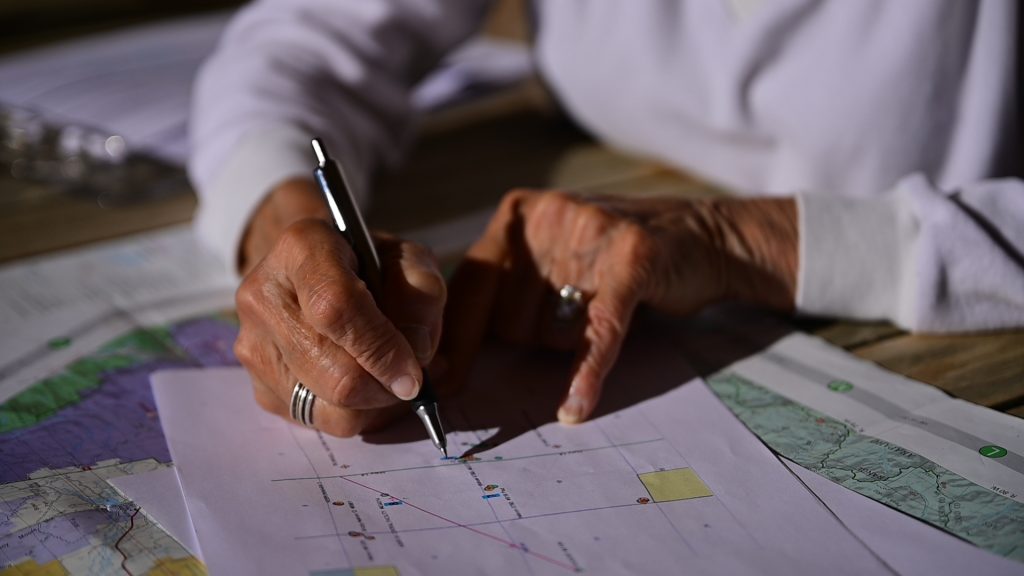
For decades, the minimum bond for all wells on a single lease was a mere $10,000, and $25,000 for all wells on public lands. BLM’s actual reclamation cost for a low-cost well was $20,000, and $145,000 for a high-cost well. These low bonding rates meant that unscrupulous operators would walk away from their wells when they stopped producing, leading to the legacy of idle and abandoned wells that plague Jackson County and much of the West.
Over the last year and a half, her work has been paying off. First, EPA issued strong new limits on methane released from oil and gas wells. These new limits will protect downwind communities from exposure to methane and other toxic chemicals and the climate. Then, this April, the BLM finalized a groundbreaking update to its oil and gas leasing standards with the Onshore Leasing Rule. This marked a decades-overdue overhaul of the federal oil and gas program that included critical changes to royalty rates, fees for nominating parcels for leasing and most importantly for rural communities, updated bonding requirements.
“At last, with the release of the finalized rule, BLM has taken the common-sense step to ensure that oil and gas operators shoulder the fiscal responsibility that was theirs in the first place. These rules will help solve the orphaned well crisis that has been spiraling out of control for decades.”
For decades, inadequate bonding requirements allowed oil and gas companies to shirk their cleanup responsibilities, leaving behind a toxic legacy of orphaned wells in Jackson County and much of the West. These wells continue to leak methane and other hazardous substances and impose severe costs on taxpayers and local communities. The old rules required low minimum bonds. The average bond collected per well was only $2,122 , while the actual cleanup costs ranged from $35,000 to $200,000. With so little on the line, companies walked away from wells, leaving the public to bear the burden of cleanup. The new bonding amounts, $150,000 to $500,000, reflect the true costs of reclamation and represent a major victory for oilfield communities and taxpayers.
As a concerned resident of an oilfield community and a leader on WORC’s oil and gas team, Barbara has been an avid supporter of WORC and the member groups pushing for these crucial reforms. “At last, with the release of the finalized rule, BLM has taken the common-sense step to ensure that oil and gas operators shoulder the fiscal responsibility that was theirs in the first place,” said Barbara. “These rules will help solve the orphaned well crisis that has been spiraling out of control for decades.”
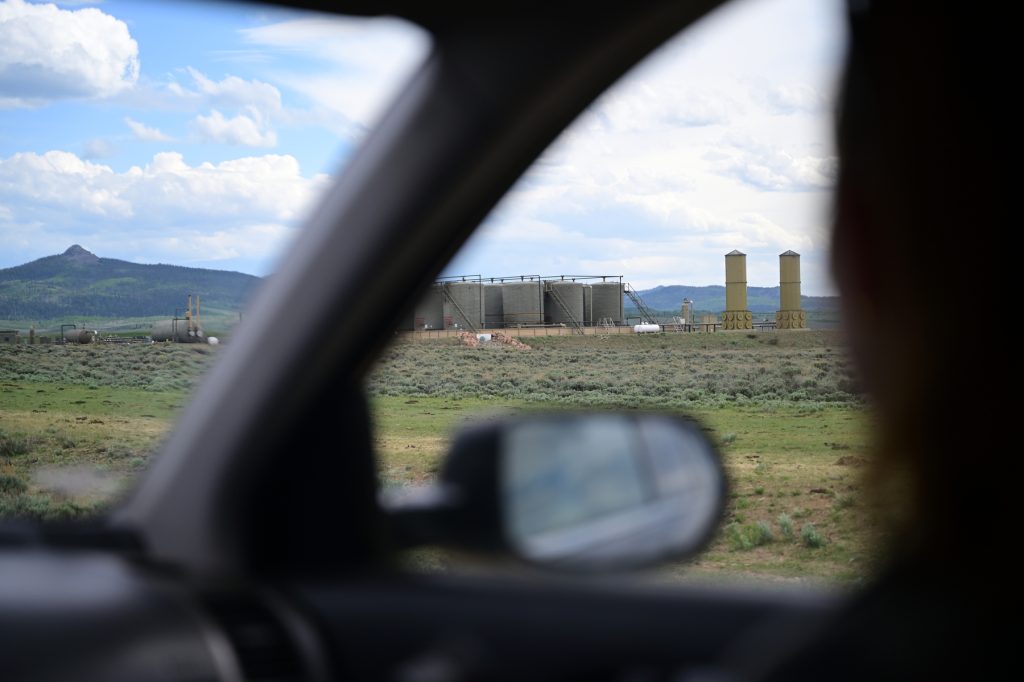
In addition to raising bond amounts, the new rule aims to prevent speculative leasing, a practice where companies obtain leases without any intention of fulfilling their reclamation duties. The rule introduces stricter criteria for “qualified bidders” and “qualified lessees,” ensuring that only responsible operators can obtain new leases.
“This is my home. And I want to do whatever I can to protect it not just for me and my family, but for future generations.”
Barbara brings her knowledge of the natural world to her advocacy work. Barbara advocates land managers to consider the cumulative impacts when leasing and permitting oil and gas operations. She argues that the BLM’s current practice of evaluating environmental impacts on a pad-by-pad basis is insufficient. “You really need to look at the impacts in a holistic way across the landscape,” she asserts. This approach is vital for protecting the fragile sagebrush habitat and the numerous species that depend on it, including the greater sage-grouse.
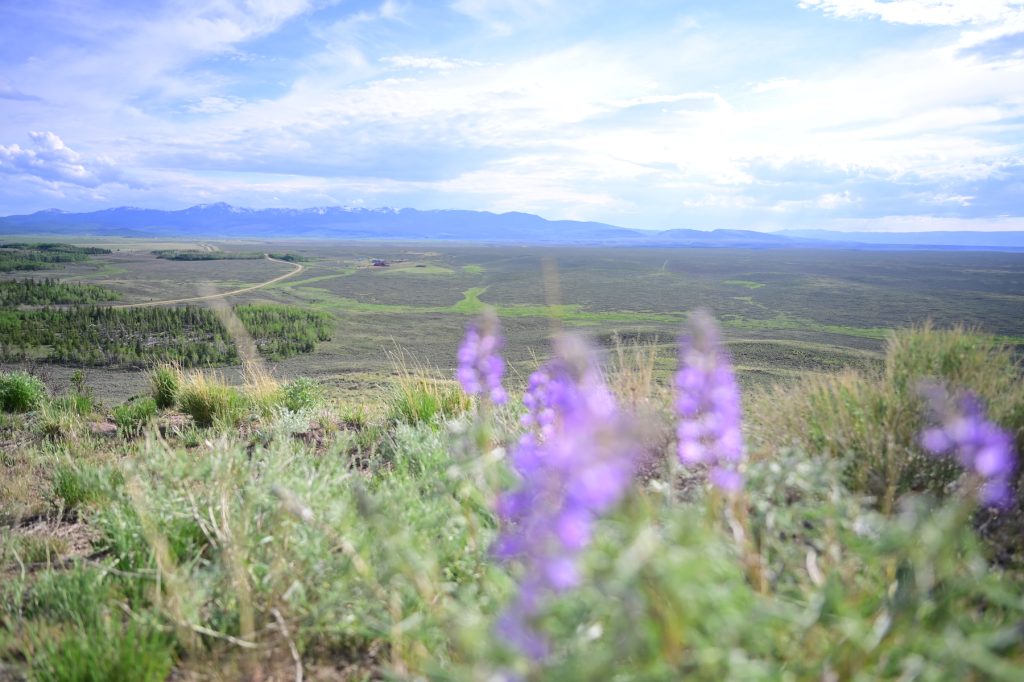
Barbara’s dedication to environmental protection is driven by her deep love for the natural world and her desire to leave a positive legacy for future generations. “This is my home. And I want to do whatever I can to protect it not just for me and my family, but for future generations,” she says passionately. Her tireless efforts continue to inspire and drive meaningful change in the regulation of oil and gas development, ensuring that the unique and wild landscapes of Jackson County are preserved for years to come.
Learn More:
When communities speak: The power of rural voices calling for commonsense oil and gas solutions
Western ranchers and communities applaud new federal onshore oil and gas leasing rule
Bonding Crisis Looms in Colorado as Gas Prices Tip Into the Red

Yes, I want to help WORC elevate Western voices and hold decision-makers accountable!

